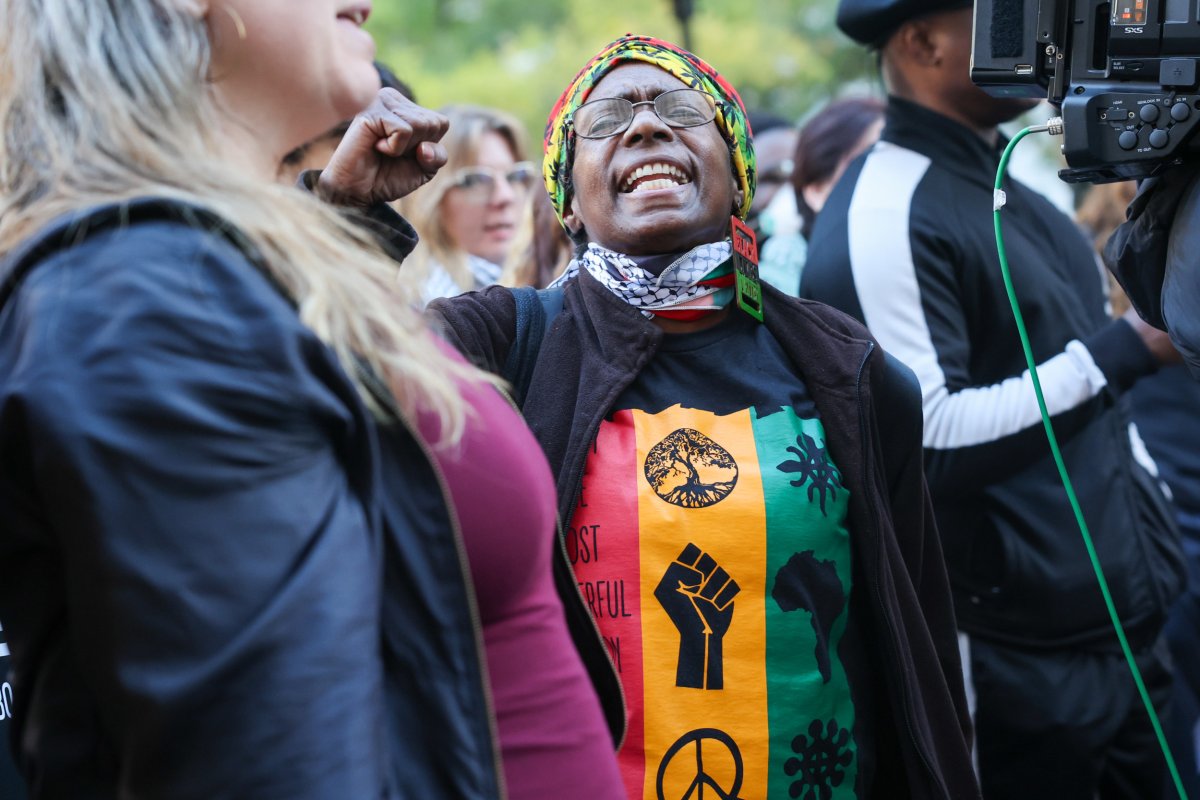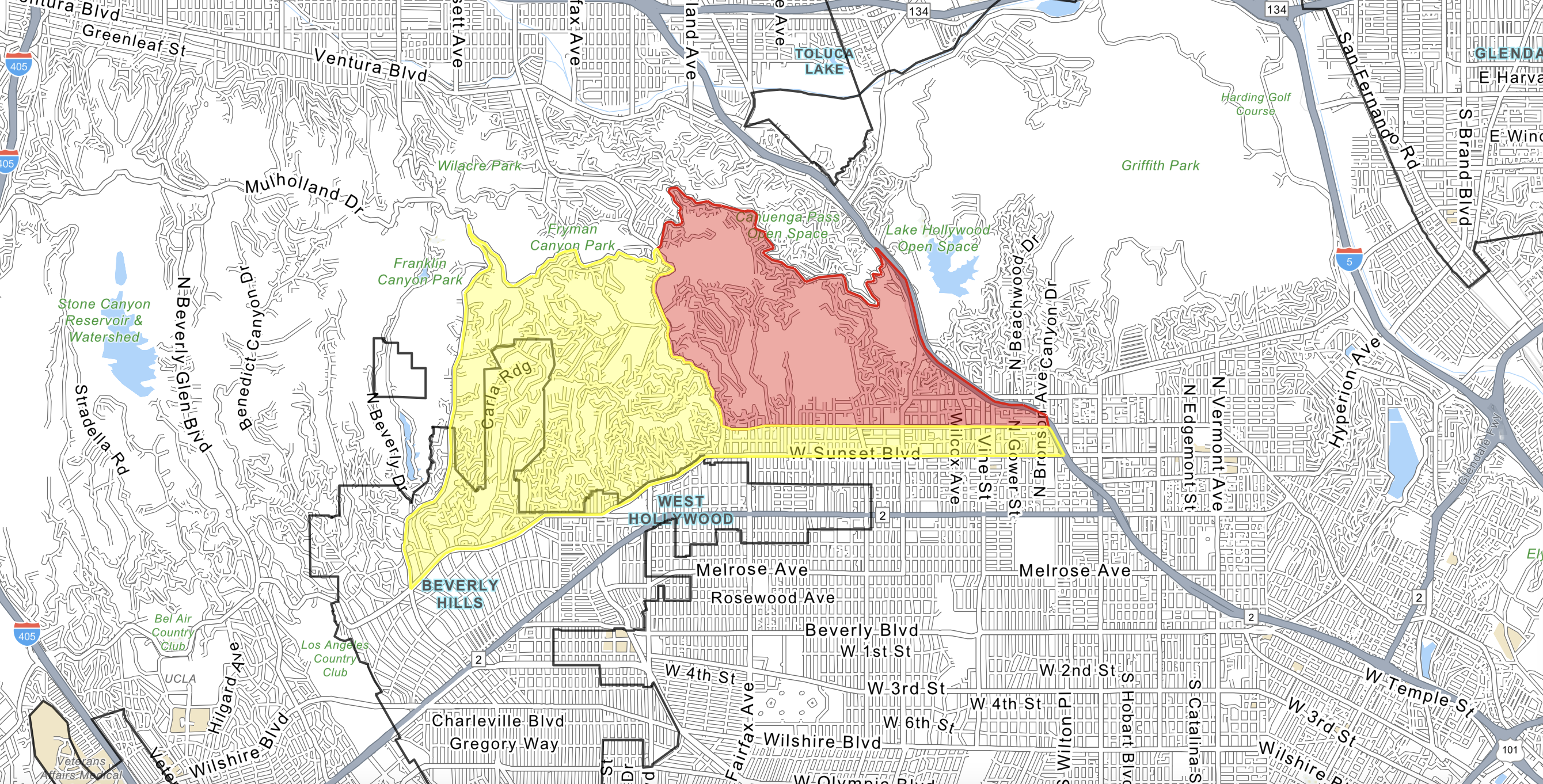The judge presiding over the trial of Daniel Penny ruled that the jury will remain anonymous due to "threats" made to the prosecution and defense, as jury selection continues in the case.
Penny, a 25-year-old former Marine, is accused of choking and killing 30-year-old Jordan Neely on a subway in 2023. Neely was a well-known Michael Jackson impersonator who was homeless. He boarded the subway and reportedly began threatening people. Penny allegedly approached him from behind and placed him in a chokehold.
Neely was later pronounced dead at a hospital. His death was ruled a homicide by compression of the neck. Penny is charged with second-degree manslaughter and negligent homicide.
Jury selection in the case began on Monday. Protestors gathered outside the courthouse held signs in support of Neely and chanted "murderer" at Penny.

On Thursday, New York Supreme Court Justice Maxwell Wiley ruled in favor of the prosecution's request to conceal the identities of the 12 jurors who will be selected to hear the case.
Assistant District Attorney Dafna Yoran made the request "based on prior threats that have been received in this case by all sides."
She added that anonymity could help ensure a "fairer" outcome in the case.
"I believe that's wise," Wiley said.
He said he is aware of the various threats that have been made over the past several months.

"There's not just opinions, but very, very strong opinions," Wiley said. "There's been people who have not been afraid to make threats."
Penny's attorney, Thomas Kenniff, did not object to the request.
Potential jurors are being asked if they could serve on a trial that is expected to last about six weeks.
"Even if you have formed an opinion about it, that does not disqualify you from serving on this case," Wiley told potential jurors. "If you have formed an opinion on this case, you have to be prepared to change it."
Individuals who are not excused are being asked to return on Friday for the next phase of juror questioning. Wiley previously said he hopes to have 90 potential jurors in court Friday.

Earlier this month, Wiley ruled against motions from prosecutors and defense to suppress evidence in the trial.
Prosecutors objected to the defense's request to admit Neely's medical records into evidence and allow certain witnesses to testify. The defense objected to prosecutors presenting statements made by Penny to police at the subway station and the precinct.
Wiley denied motions from both sides, clearing the way for all evidence to be presented during the trial.
If convicted, Penny is facing five to 15 years in prison for the manslaughter charge and up to four years for the negligent homicide charge.
Do you have a story Newsweek should be covering? Do you have any questions about this story? Contact LiveNews@newsweek.com
![SOURCE SPORTS: [WATCH] Mets Capt. David Wright Gives Interesting Insight On The Honor Of His Jersey Retirement In Citi Field](https://thesource.com/wp-content/uploads/2025/01/01fs75fy836w8mp4ytwr.webp)



















 English (US) ·
English (US) ·